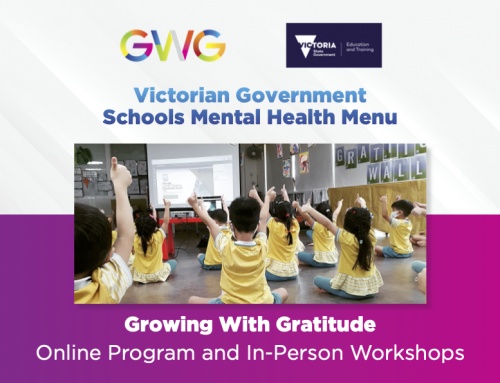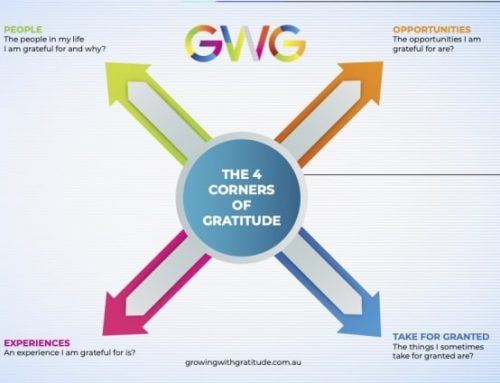About Claire Adams: Claire is a personal and professional development expert, and a proud aunt of 5 precious, little gems. Being an aunt of 5 with a strong desire to have her own little darlings one day, she has been quite immersed in the whole child care story and is quite familiar with the most common challenges parents are facing daily.
I’m sure that both experienced and newbie parents could use a recap on the matter.
ENJOY CLAIRE’S ARTICLE!!!
Despite our awareness of our children’s diverse capacities, there’s a common culture of underestimating their potential to thrive in a rich, but challenging environment with a strong focus on moulding a positive mindset. In contrast, most societies define “child care” as a method of shielding the child from almost any type of challenge, despite the fact that they are perfectly equipped to not only cope with the issue, but also enjoy the process.
It’s precisely this early period of their lives that will have a profound impact on how parents and their nestlings perceive the world and tackle its hardships, and whether or not both can have a peace of mind with the help of adequate care.
Source: pexels.com
The importance of nurturing positive habits
During the first few years of your child’s life, they are capable of processing much more than we traditionally give them credit for, and their experiences from this period will largely shape their adult identities. They can not only grasp but also enjoy mastering the skills of learning a new language, eating healthy, acquiring physical strength and flexibility and discovering various problem-solving methods.
The role of the learning ambiance
However, the environment in which they form these habits is as important as the skills themselves – kids need a loving atmosphere that emphasizes a positive self-image, encouragement, and support, both from teachers and from parents. How they learn is as relevant as what they learn.
Source: pexels.com
The early bird philosophy
While it used to be seen as a normal practice to place a child into a strict education system straight from their home, today we know that parents providing them with plenty of intellectual and physical stimulation before they start school will, in fact, help them grow up into stronger, more confident individuals.
Parents and learning
Providing them with the right environment and at the right time gives them a chance to adapt, to perceive learning as a positive tool that enables personal growth, and not merely a mandatory chore. Allowing your child to experience learning as a natural, rewarding process of collaborative independence will nurture them into becoming emotionally and physically resilient, and your role as a parent is pivotal in achieving this goal.
Positive skills for a peace of mind
Developing a different set of skills is extremely beneficial for kids as a part of their home learning environment, as well as their day-care centre, which they can acquire through interaction with other kids and their teachers. There are renowned, trusted institutions such as this lovely Wyndham Vale childcare centre that incorporate these activities to support your family efforts of creating a positive learning atmosphere.
Versatile language skills
Enabling your child to explore the diversity of other languages exposes them to a wider spectrum of cultural colours. There are concepts in every language that another one cannot explain, and access to such versatility gives them a unique insight and understanding of other societies, thus boosting their social skills and compassion. They will also develop a richer vocabulary, and master reading and writing much more quickly and efficiently.
Yoga and mindfulness
Known for its exceptional physical, mental and emotional benefits, yoga can help your child develop healthy habits very early on. The asanas will help them gain strength, balance, and flexibility while nurturing a positive attitude of mindfulness, gratitude and self-acceptance.
Music and dance
As the universal language of emotions and creativity, music serves as much more than a fun learning tool for kids. Music and dance expose your kids to a rich, stimulating environment which can help their young brains develop more connections, and thus aid in further learning. Music is also an incredible bonding tool, as they associate it with the soothing effect of their parent’s voice and allow for positive attachment to occur.
Source: pexels.com
Science and curiosity
Experiments and learning in an environment that encourages asking questions will broaden your child’s knowledge horizons beyond mere fact memorization. A hands-on experience will allow them to develop and nurture their curiosity and show them how to find answers, cultivate a passion for science in later life, and gain lifelong skills to further encourage a positive mindset.
The key takeaways
Child care goes beyond the basic needs of our little ones, and with the right professional and parental guidance, kids can start developing their independence and discovering their interests and talents with no fear of a negative outcome.
Likewise, parents can enjoy their kids’ early childhood and encourage their natural growth by nurturing a positive, confident mindset. Such support will enable them to become fulfilled, versatile individuals who cherish life with all of its wonders and imperfections.
 Growing With Gratitude Blog
Growing With Gratitude Blog
Facebook: https://www.facebook.com/growingwithgratitude/
Twitter: @grow_gratitude
Email: info@growingwithgratitude.com.au
Included in the KidsMatter Primary School’s Programs Guide












What a great post! So many things here to take into consideration. Definitely an eye opener and a musst read 😉 Thank you for sharing and please keep it up
Thanks for the kind words. Agree, Claire wrote a great, informative post 🙂